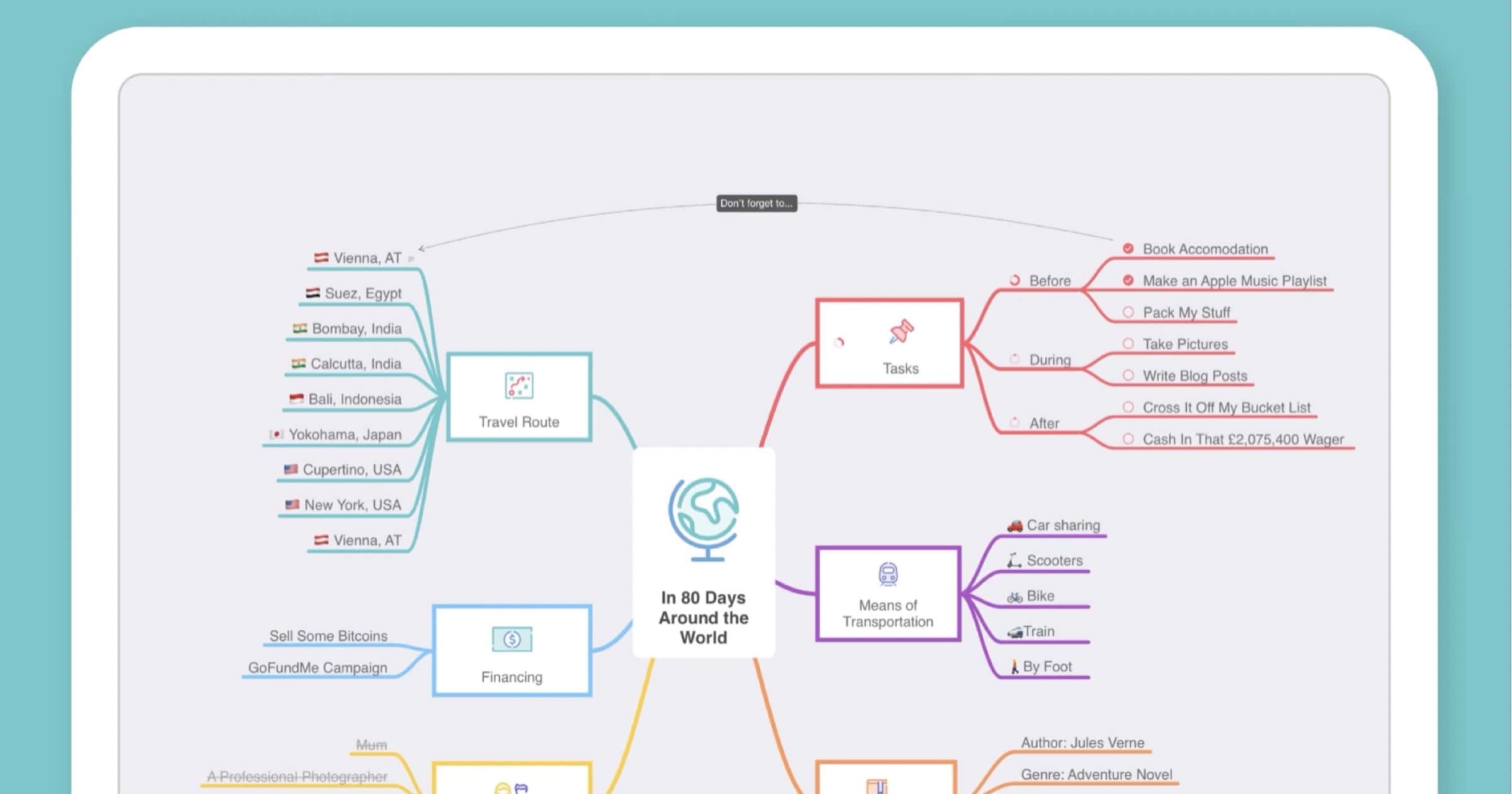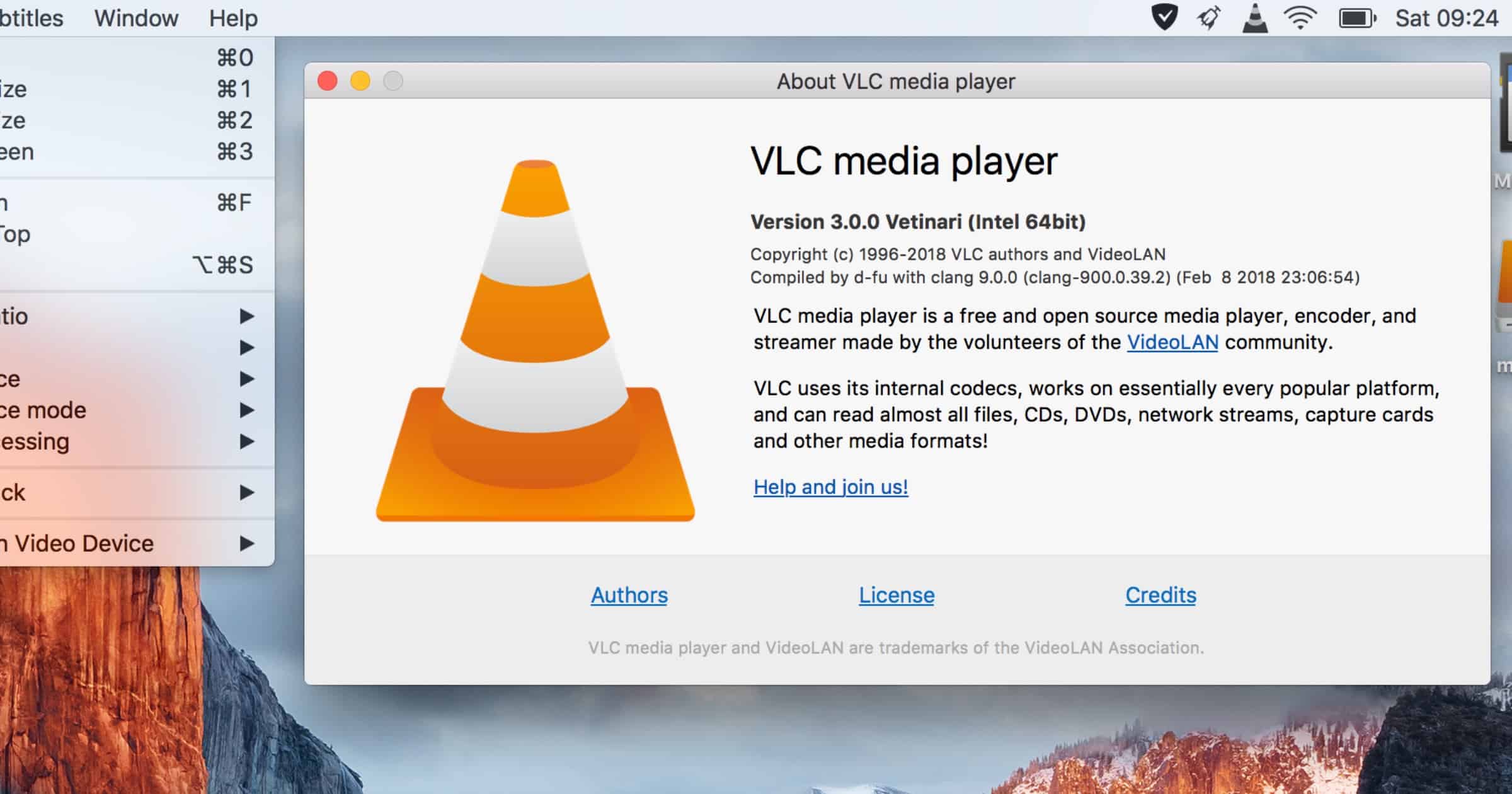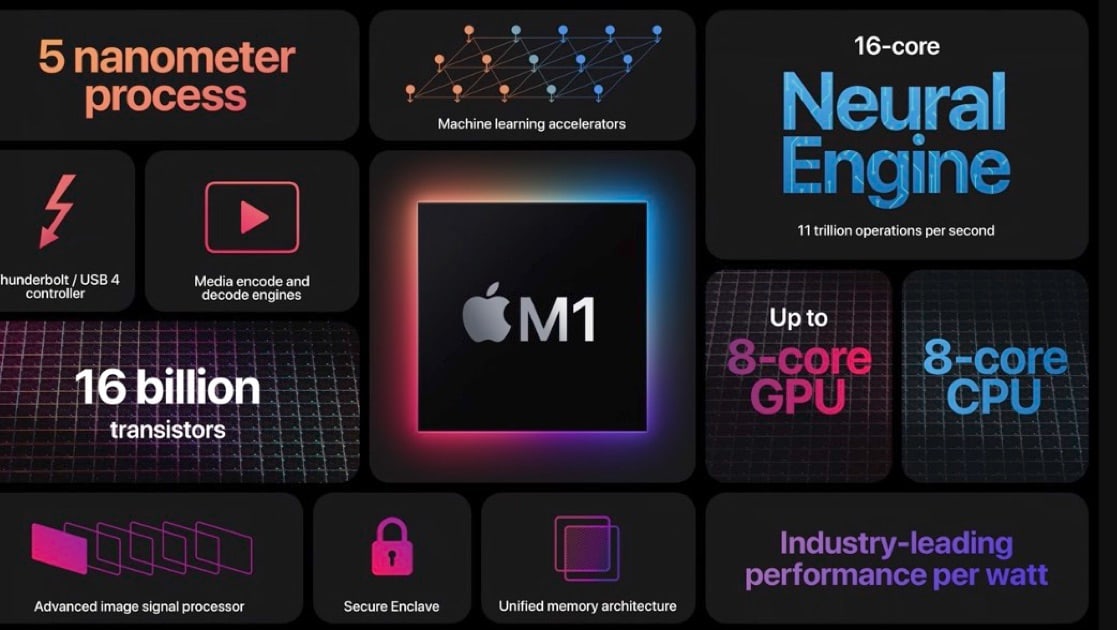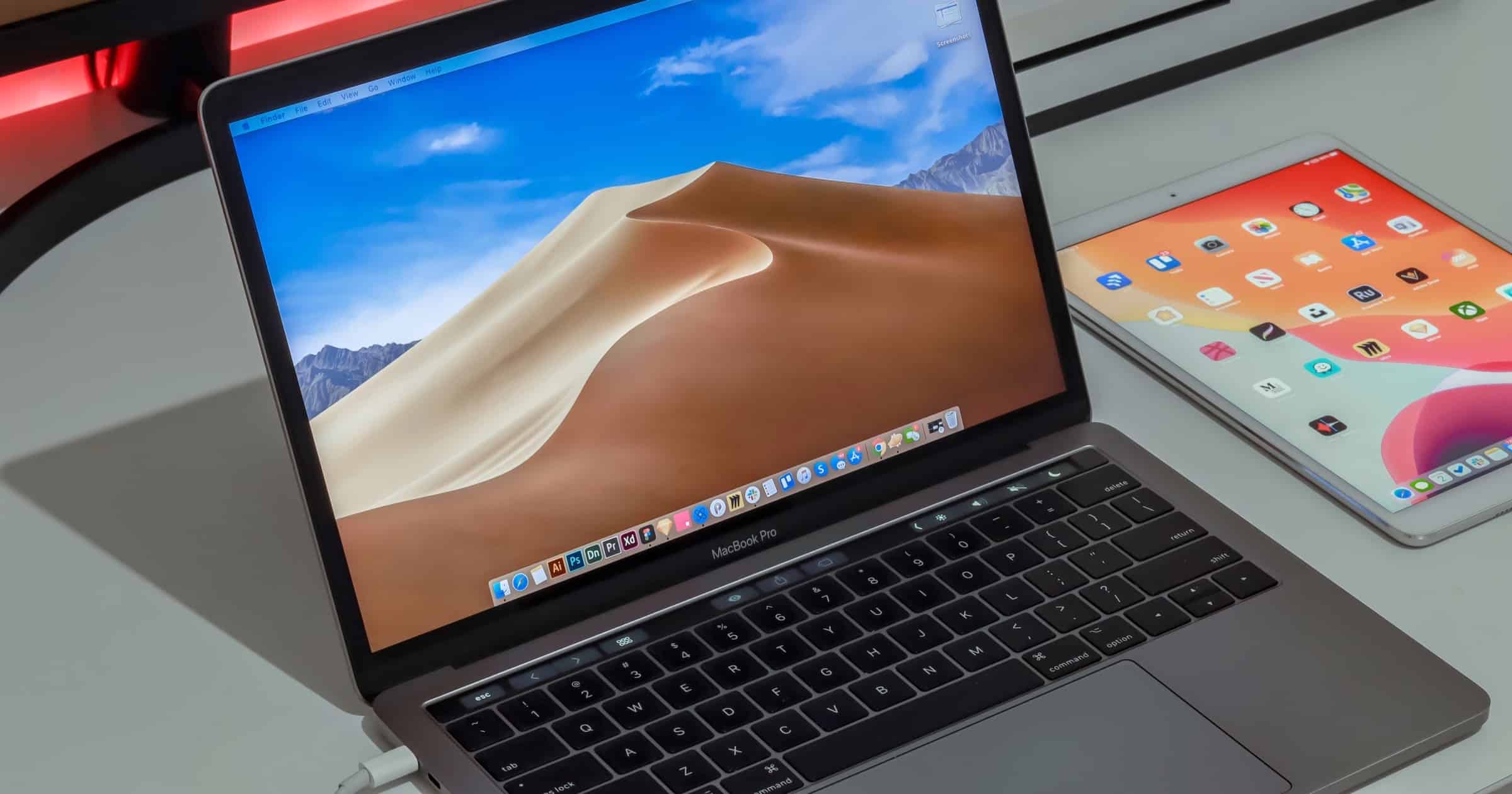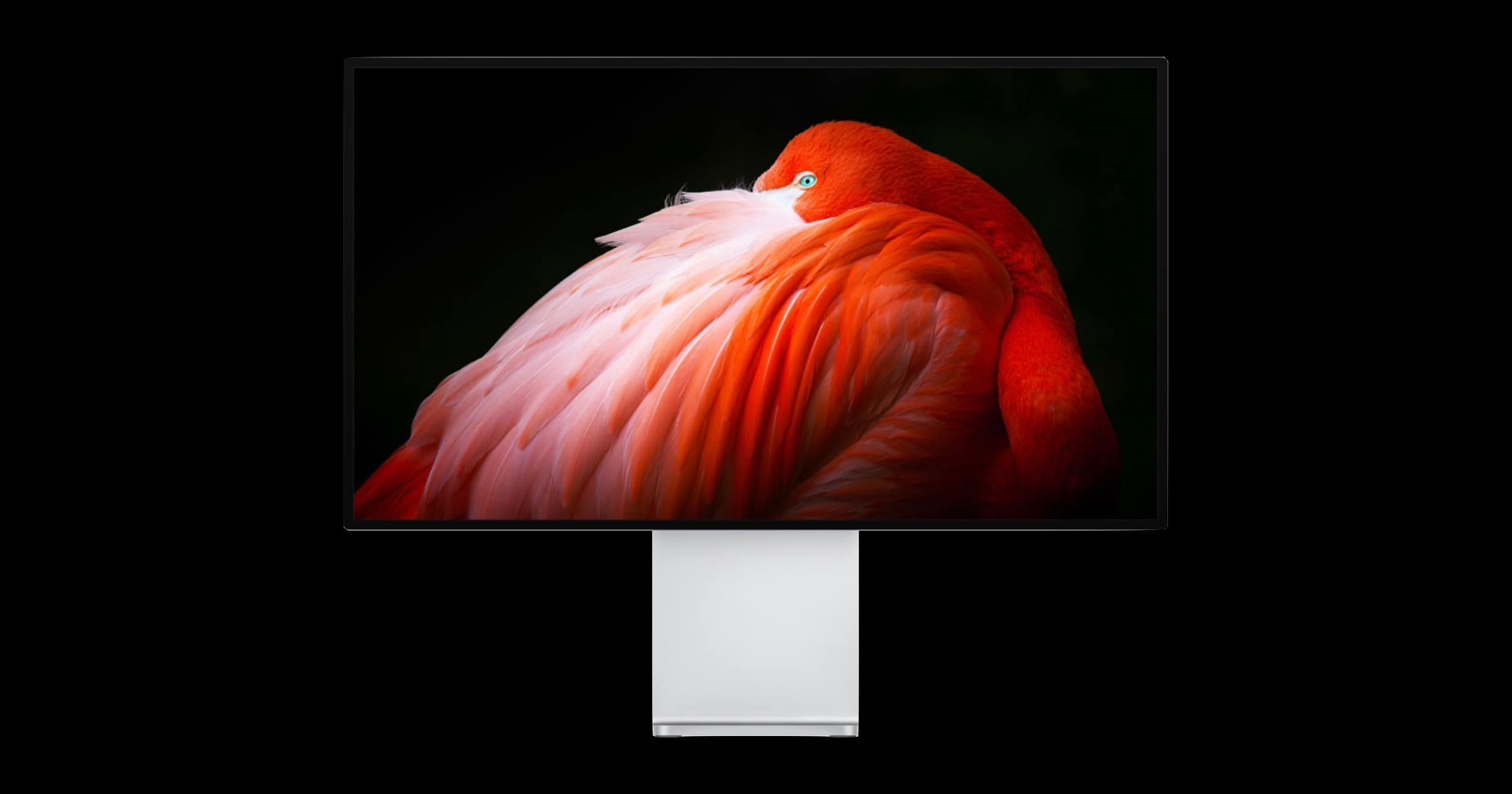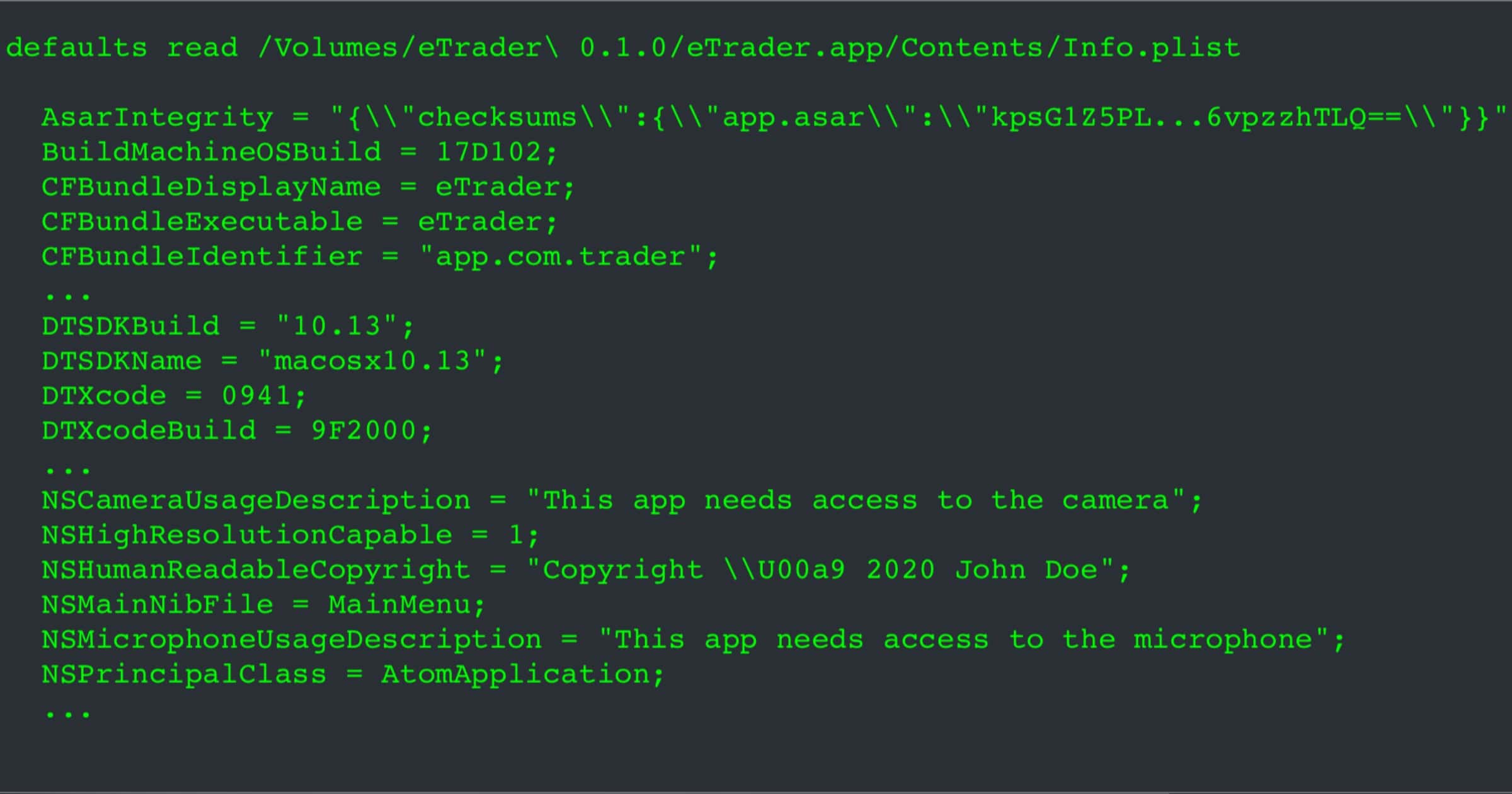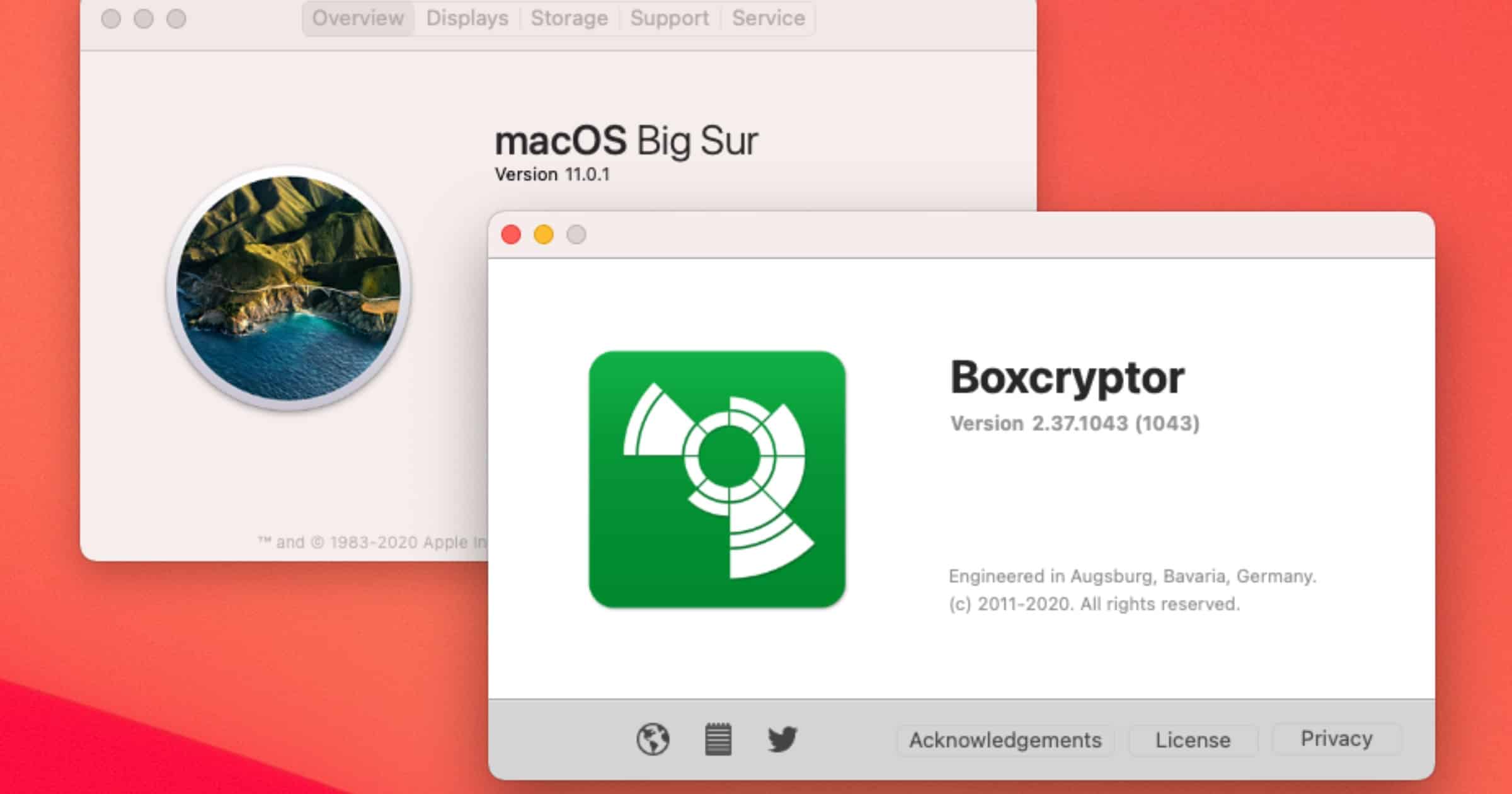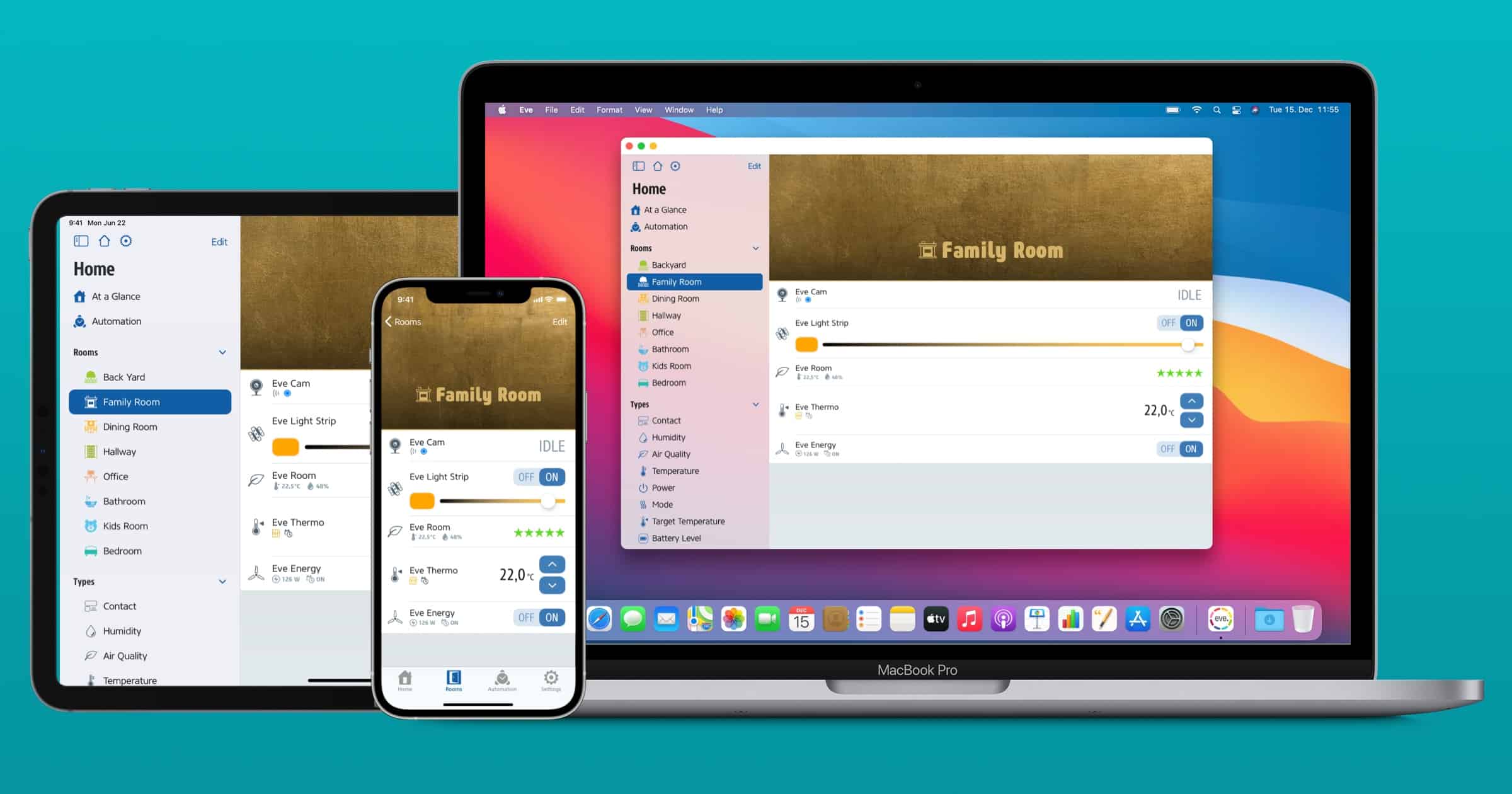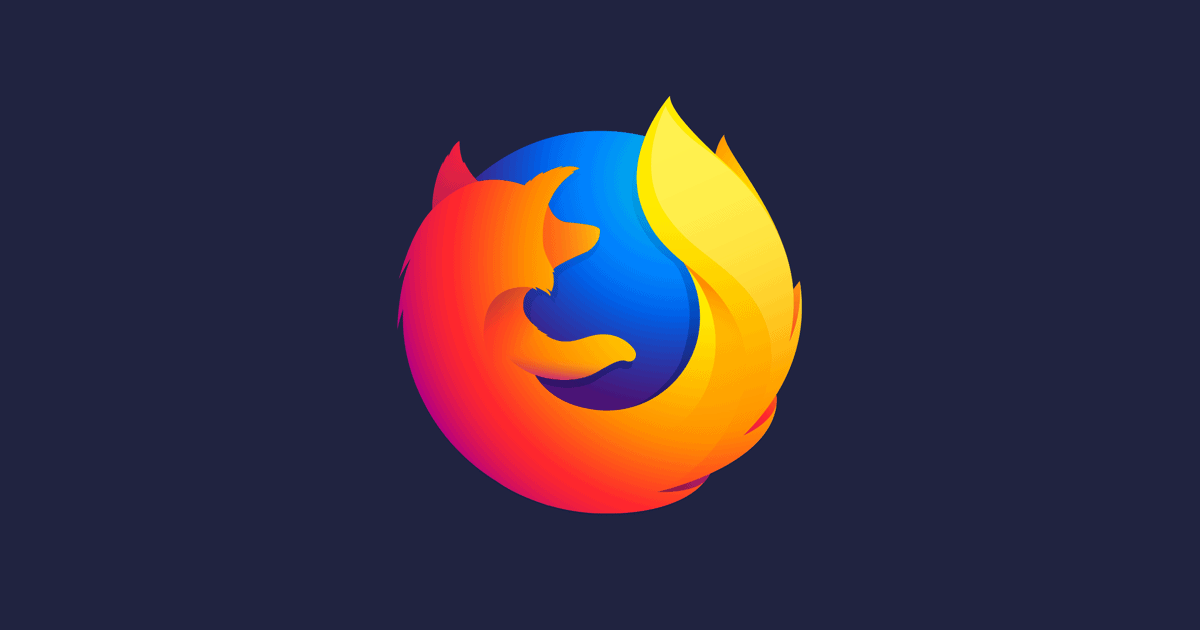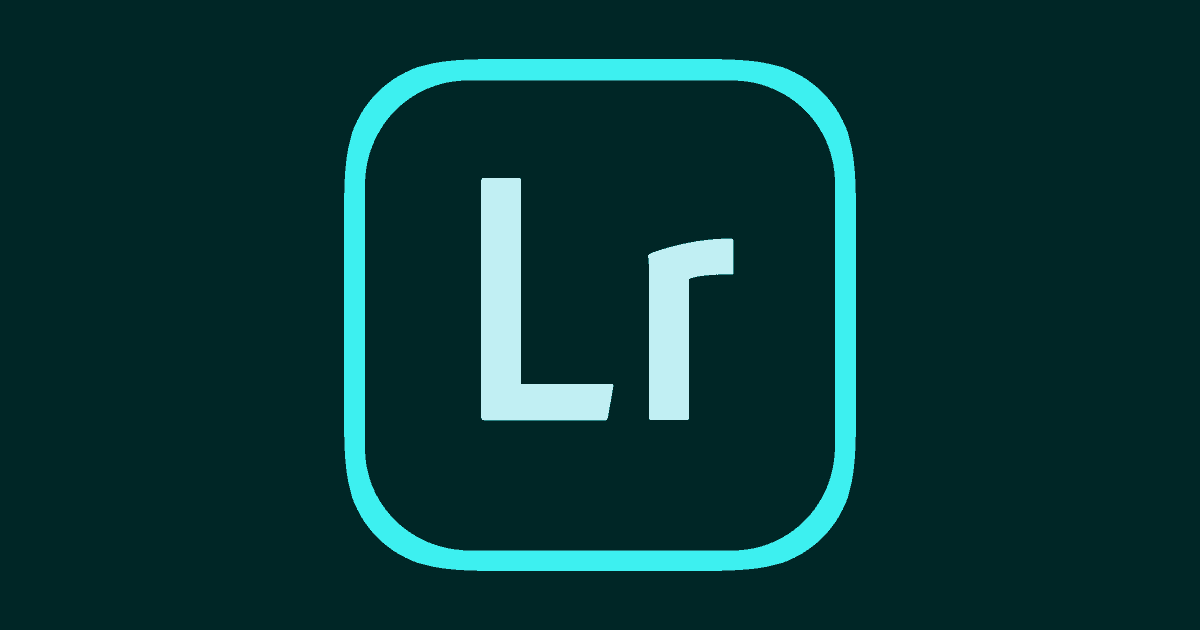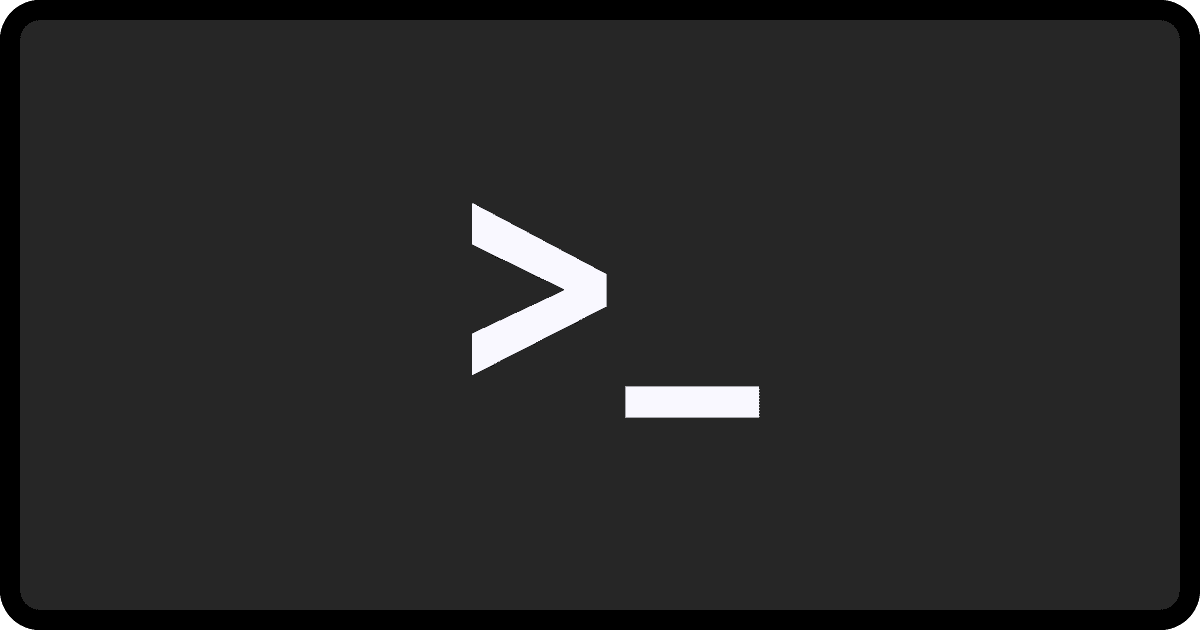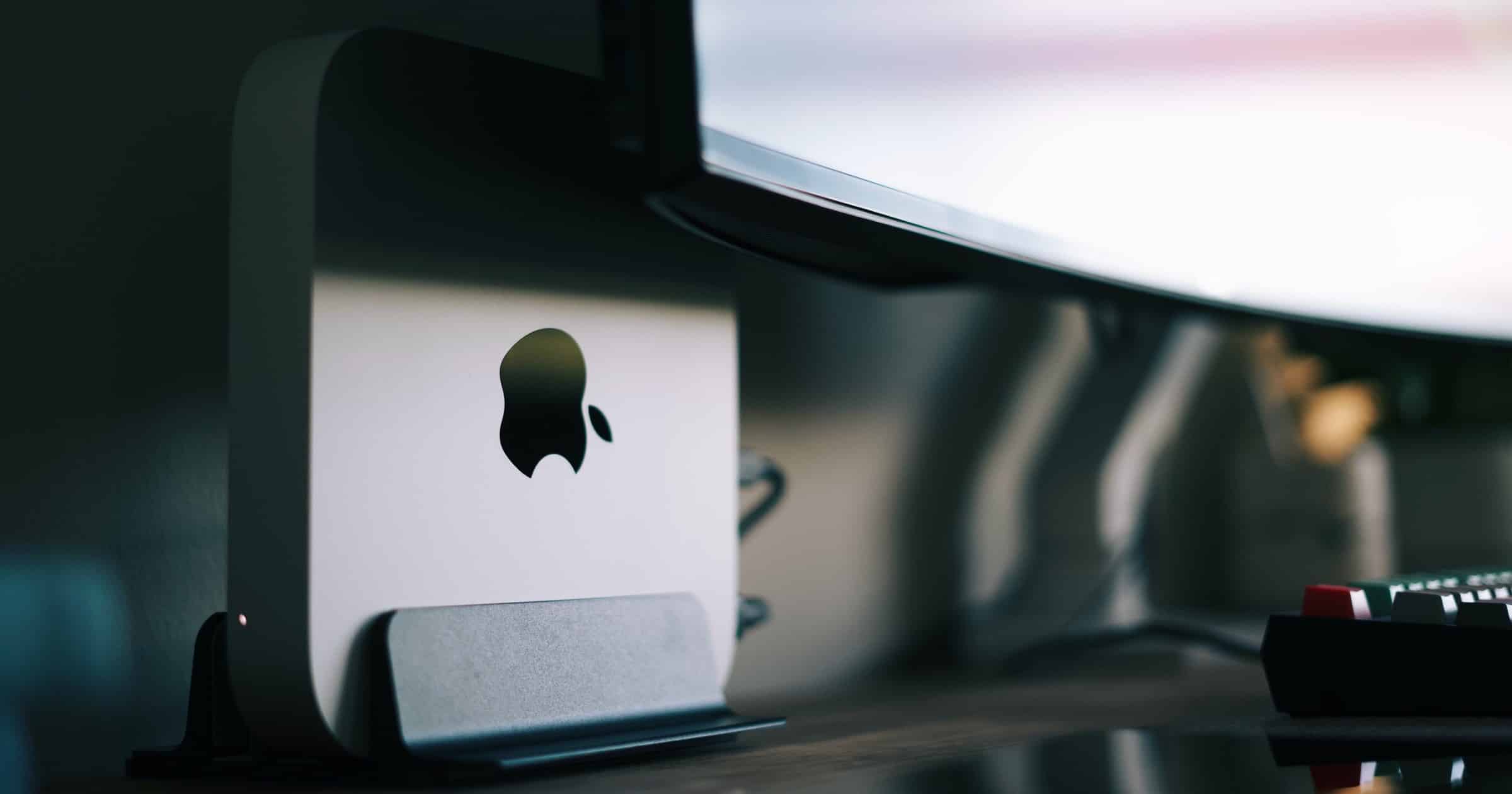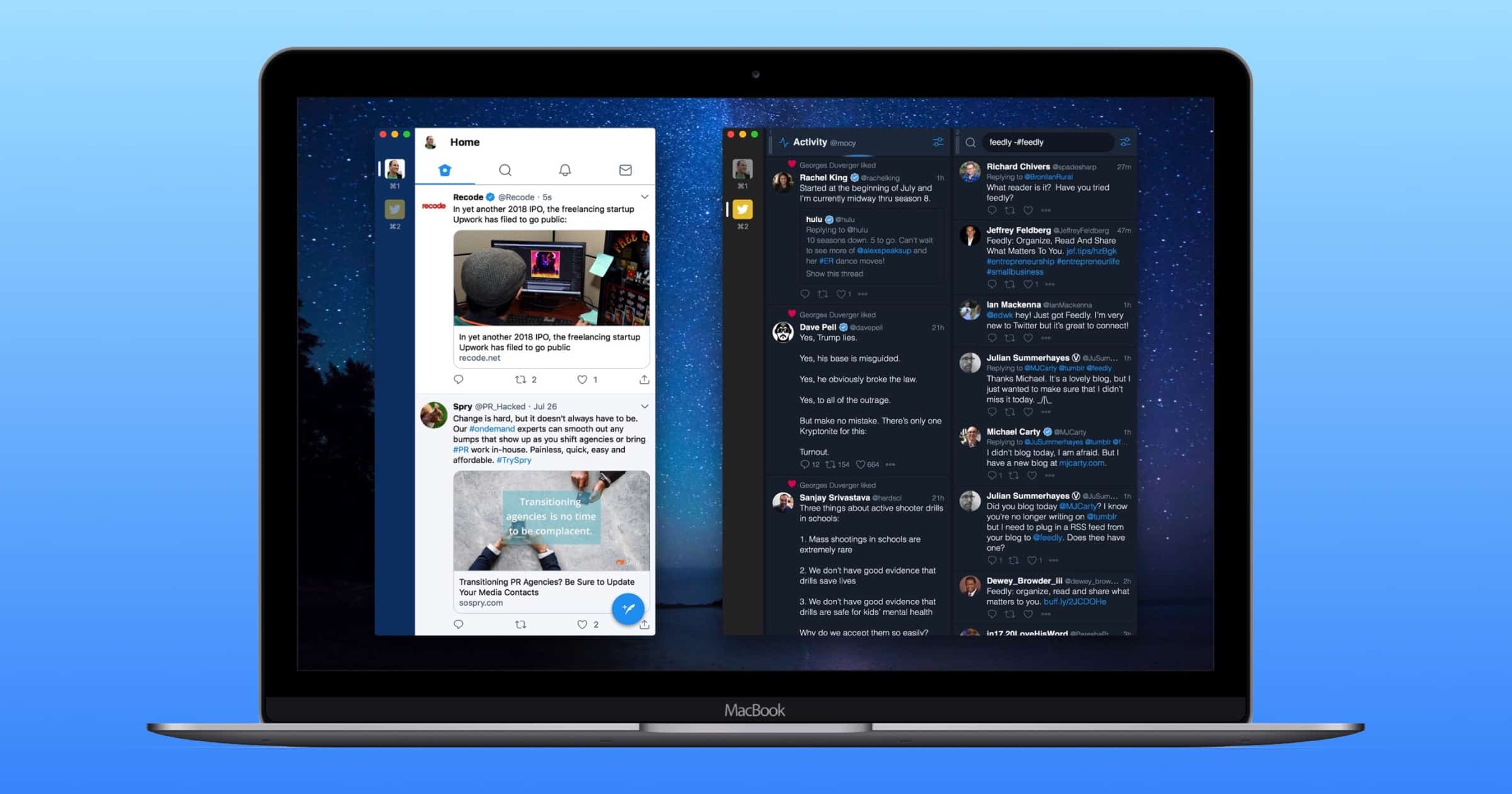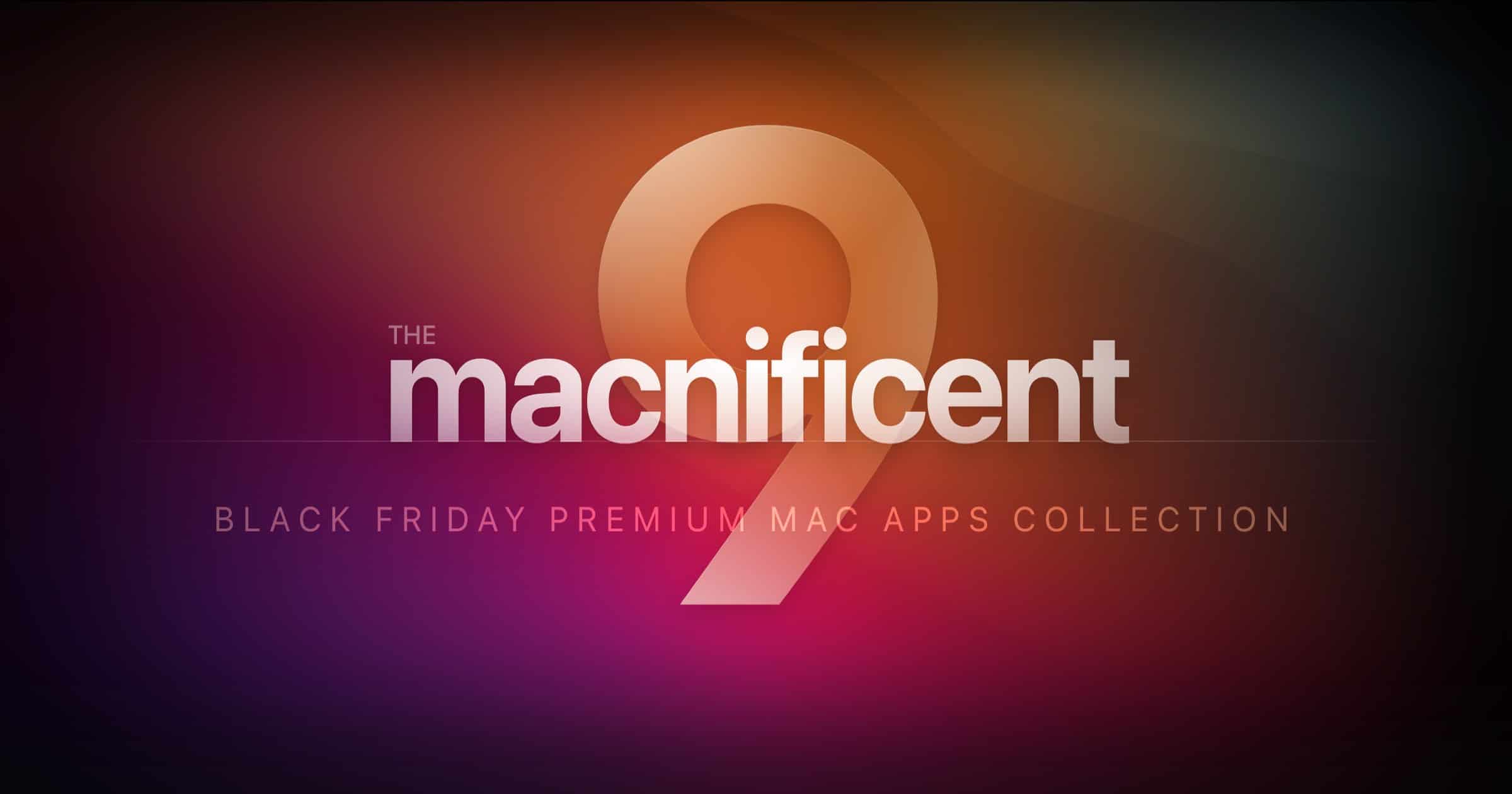Apple has released the macOS Big Sur 11.2 release candidate for developers. This follows the other final beta versions of its other operating systems.
Mac
MindNode Update Adds Editable Outlines
MindNode updated its mind mapping app recently with a feature many users have wanted. Along with editing maps, outlines can also be edited. Nodes can be added, removed, indented/outdented, and reorganized directly. Other features include: Improved color pickers in the Inspector; Improved support for files from other apps that use Markdown; Fixed an issue where the Inspector would close when the icon of the open section was clicked. The update is currently available for the Mac app, but updates to MindNode for iOS/iPadOS are sure to follow.
Twelve South’s New ParcSlope Stand Works for Mac and iPad
Twelve South introduced a new stand called ParcSlope that works with MacBooks and iPads. It‘s available to purchase for US$59.99.
Media Player ‘VLC’ Adds Support for M1 Macs
Open source media player VLC has added support for M1 Macs in its latest update, version 3.0.12.1. You can find the download here.
macOS: * 3.0.12.1 is the first release for Apple Silicon macs
* Version bump to allow an automatic upgrade path
Microsoft Edge Beta Now Supports Apple M1 Macs
Apple users with an M1 Mac who are interested in running beta versions of Microsoft Edge can now do so thanks to recent support.
Rumor: Apple Prepares MacBook Pros With MagSafe, Flat Design
A report on Friday claims that Apple is working on upgraded MacBooks for later in 2021 with the addition of MagSafe and removal of Touch Bar.
Rumor: Apple Plans iMac Redesign for 2021
A report on Friday suggests that Apple may be planning to redesign its iMac desktop computer. This would be the first major change since 2012.
Apple Apps No Longer Bypass macOS Big Sur Firewalls
In macOS Big Sur, Apple deprecated third-party kernel extensions including Network Kernel Extensions (NKEs). NKEs are used by apps like firewalls to monitor network traffic. Apple’s new user-mode Network Extension Framework had a side-effect: Apple’s own apps wouldn’t be routed through it and thus could bypass third-party firewalls. But now that has changed.
I of course also wondered if malware could abuse these “excluded” items to generate network traffic that could surreptitiously bypass any socket filter firewall. Unfortunately the answer was yes! It was (unsurprisingly) trivial to find a way to abuse these items, and generate undetected network traffic.
Apple Releases macOS Big Sur 11.2 Developer Beta 2
Like the iOS 14.4 developer beta, macOS betas can be downloaded from Apple’s developer page. Release notes haven’t been published.
Mozilla VPN Arrives on macOS and Linux
After rolling out on platforms like Windows, Android, and iOS, the Mozilla VPN arrives on macOS and Linux for US$5/month.
The Mozilla VPN isn’t the cheapest option on the market. However, Mozilla has said that, because it uses fewer lines of code than other VPNs, the service is faster than many rival ones. You can connect to more than 280 servers in more than 30 countries via the VPN without any bandwidth restrictions.
I think US$5/mo is definitely one of the cheapest VPNs on the market.
‘ElectroRAT’ is the First Mac Malware Spotted in 2021
We’re barely a week into 2021 and a piece of Mac malware has already been spotted. Dubbed “ElectroRAT” its primary goal is to steal personal information from cryptocurrency users.
These [malicous] applications were promoted in cryptocurrency and blockchain-related forums such as bitcointalk and SteemCoinPan. The promotional posts, published by fake users, tempted readers to browse the applications’ web pages, where they could download the application without knowing they were actually installing malware.
Adobe Premiere Pro, Premiere Rush, and Audition Enter Beta for M1 Macs
Beta versions of Adobe software Premiere Pro, Premiere Rush, and Audition are now available for M1 Macs.
File Encryption App ‘Boxcryptor’ Announces macOS Big Sur Support
File encryption app Boxcryptor has been updated to support macOS Big Sur and M1 Macs to keep your documents safe in the cloud.
Total War: WARHAMMER II The Twisted and The Twilight Out for macOS
Feral Interactive announced on Thursday that The Twisted & The Twilight, the new Lords Pack for Total War: WARHAMMER II, is now available for Mac.
Smart Home App ‘Eve’ Supports M1 Macs With Version 5 Update
Eve for HomeKit version 5 is now available and supports M1 Macs as well as the screen resolutions of the new iPhone 12 product line.
Mozilla Supports M1 Macs With Firefox 84
Mozilla issued an update to Firefox on Tuesday, and the 84th version has added support for M1 Macs, along with a few new features.
Adobe Lightroom Adds Support for M1 Macs, ProRAW
Adobe Lightroom is now a native app for M1 Macs and supports Apple’s ProRAW photo format it will release in iOS 14.3 for iPhone 12 Pro/Pro Max.
As we’re getting started on desktop Arm / Apple M1, we’ll continue to optimize for Arm and M1 in subsequent releases. And if you’re on an Intel based computer, don’t worry…we’ll continue to invest in and improve Lightroom for you too.
Windows 10 on ARM Running on an M1 Mac Beats Surface Pro X
An engineer for Amazon Web Services was able to run Windows on ARM on an M1 Mac, and it’s faster than Microsoft’s Surface Pro X.
According to Geekbench 5 results, Windows ARM running on the M1 chip is faster than Microsoft’s Surface Pro X, which is a great deal. The version running on the M1 Mac scored a single-core score of 1288 and a multi-core score of 5449, which obliterates the Surface’s single-core score of 765 and multi-core score of 3014.
Apple Releases Pro Display XDR Calibration Tool
Apple has released a tool for owners of its Pro Display XDR screen that lets users calibrate their display for specific color workflows.
Every Pro Display XDR undergoes state-of-the-art factory calibration with laboratory grade instrumentation. Pro Display XDR Calibrator enables in-field recalibration of Pro Display XDR for specific color workflows that may require custom calibration. Recalibration with this utility requires one of the following spectroradiometers: Photo Research SpectraScan PR-740, PR-745 or PR-788; Colorimetry Research CR-300
This Terminal Command Can Bypass Mac Privacy Protections
A UNIX command line tool called “ls” can be used to bypass Mac privacy protections like TCC (Transparency, Consent, and Control) and the sandbox. This provides unauthorized access to file metadata in directories that are supposed to be protected
I continue to believe that macOS “security” is mainly theater that only impedes the law-abiding Mac software industry while posing little problem for Mac malware. It doesn’t take a genius hacker to bypass macOS privacy protections: calling “ls” is a script kiddie level attack.
It affects macOS Big Sur, Catalina, and Mojave.
Amazon Web Services Launch Mac EC2 Instances
Amazon Web Services announced on Monday the launch of Mac EC2 instances so developers can run macOS environments in the cloud.
Twitter Client ‘Tweetbot’ Supports M1 Macs, macOS Big Sur
Tweetbot is a popular client for Twitter and the team recently updated it to support M1 Macs and macOS Big Sur.
Unclutter Launches ‘The Macnificent 9’ Black Friday Sale
The team behind Unclutter has launched a Black Friday app bundle called The Macnificent 9 with the sale lasting for three weeks.
C-Command Software Offers 25% Off Black Friday 2020 Sale
Software company C-Command is offering 25% off all of its Mac apps with the code BLACKFRIDAY2020.

